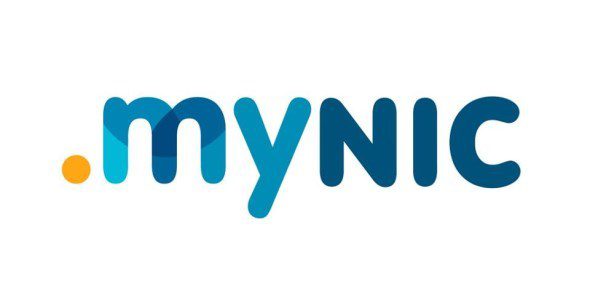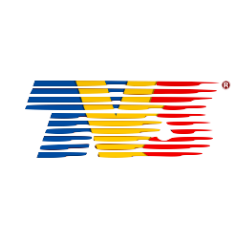As teenagers, we could get by on a diet of pizza, chips and fast food without much thought. As we move through university and beyond, nutrition becomes increasingly important.
Here are a few key actions and nutrients to ensure optimum health through your 20s, 30s, 40s and beyond.
In your 20s
1. Drink enough water
When you’re rushing between school, work and social acitvities, it’s easy to forget to hydrate. Carry a large water bottle with you at all times and aim to drink at least two litres of water per day.
2. Pack smart snacks
Malaysians are known for their love of snacking on foods that are high in calories and sugar. Among our favourite snacks are local kuih, cookies, cakes and pisang goreng.
Instead of racking up empty calories, choose healthy meals you can together in a snap.
3. Nutrient essentials: calcium and folic acid
You’re still building bone through your mid-20s. Keep them strong by getting at least 1,000 miligrams of calcium each day.
Good sources include yogurt, fortified non-dairy milk, firm tofu, sardines, tempeh, almonds and figs.

Credit: The Simple Veganista
In your 30s
1. Watch your calories
You can’t eat like a teenager and maintain your weight. In your 30s, metabolism starts to slow down as women lose muscle mass.
Swap refined carbs (e.g. white bread and pastries) and sugary beverages for whole grains, fresh produce and water.
2. Nutrient essentials: folic acid and protein
More women wait until their 30s to have their first baby, according to a CDC report. If you’re one of them, keep up the folic acid intake.
Muscle mass declines by about five percent each decade starting in your 30s. To preserve it, add strength training into your workouts and eat adequate amounts of protein, which helps mitigate muscle loss.
In your 40s
1. Protect your heart
Cholesterol and blood pressure rise as you get closer to menopause. Protect your ticker with regular exercise and foods that are good for your heart.
Good choices include dark leafy greens, tomatoes and other fruits and vegetables. Also cut out trans fat, found in processed and fried food.
2. Nutrient essentials: Vitamin D and anti-oxidants
Keep an eye on Vitamin D, which helps your body absorb calcium. It also keeps your immune system strong, your energy levels high and protects against breast and colon cancer. Vitamin D stores decline as women hit their 40s.
Antioxidants like vitamins A, C and E prevent or delay cell damage that contributes to aging. Good sources include red peppers, citrus fruits, berries, carrots, sweet potatoes and nuts.

Credit: Nourish Everyday
In your 50s
1. Eat more fiber
The average age of people getting heart disease in Malaysia is 58, which is much younger in comparison to other countries. In Thailand, the average age of people getting heart disease is 65, Singapore (61 years), China (63 years), United States (66 years) and Canada (68 years).
Fibre helps lower cholesterol levels, which is good for heart health. Fibre also keeps you fuller longer, which helps keep your weight in check.
2. Nutrient essentials: Omega-3s and Vitamin B12
Studies indicate that 10 to 30 percent of people over the age of 50 have a reduced ability to absorb vitamin B12 from food. Consider a B12 supplement.
3. Increase your intake of omega-3 fatty acids
Get your fill from fatty fish such as salmon, which is rich in EPA and DHA omega-3s. Walnuts and ground flaxseed are high in ALA, an omega-3 that may help lower cholesterol.
In your 60s and beyond
1. Keep moving
An empty nest and fewer work demands leave you with more time to enjoy life. Learn a new language, take a dance class, go on more dates with your partner. Whatever you do, keep up a regular exercise routine and consult with your doctor before considering any vigorous cardio and strength training.
2. Are you eating enough?
medications, a slower metabolism, a change in taste perception and other factors contribute to loss of appetite in our 60s and beyond. While focusing on good nutrition, experiment with a wider range of foods. Share meals with friends. Incorporate meal replacement drinks if needed.
3. Nutrient essentials: All of the above, plus probiotics
Our gut health changes as we age. Friendly bacteria decline, and our small intestine doesn’t absorb nutrients as well as it used to. Add probiotics to stimulate friendly bacteria growth. Food sources include yogurt and fermented foods like kimchi.

Credit: The Spruce Eats
Text provided by Susan Bowerman, Senior Director of Worldwide Nutrition Education and Training at Herbalife.









